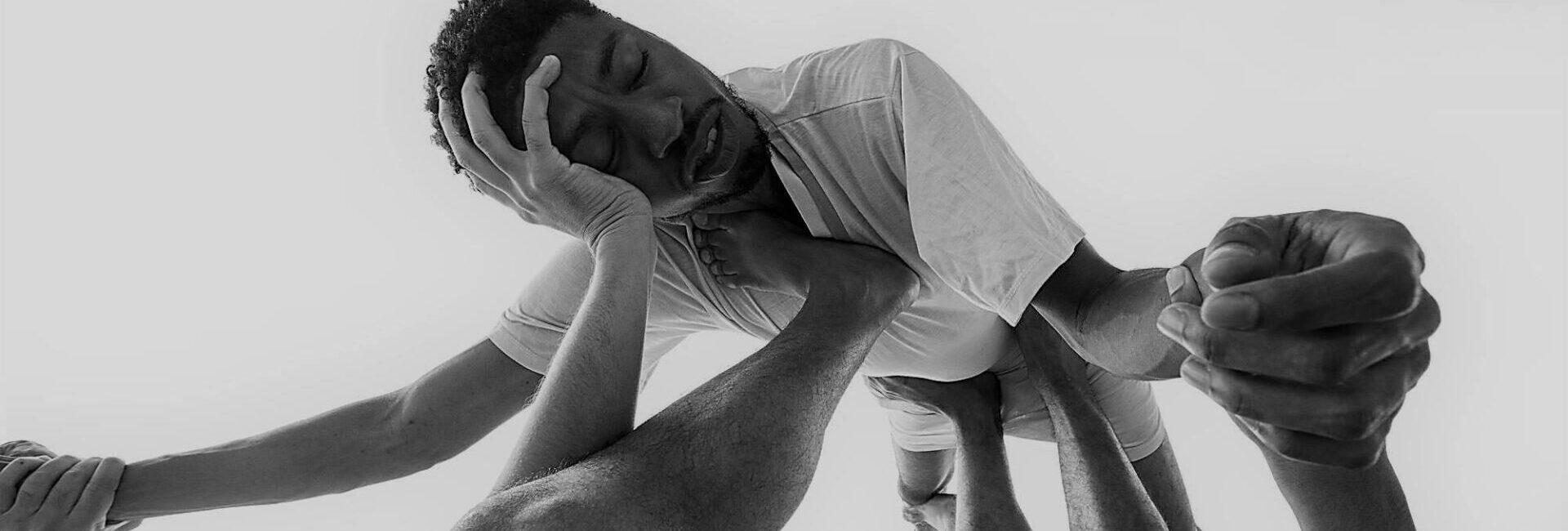aCORdo was born from an invitation extended to Alice Ripoll to create a piece that would reflect on what legacy might remain in Rio after major events like the World Cup and the Olympics. Without providing a literal answer, the artist chose to explore the city through the perspective of the performers she has worked with for years: Black individuals living in a favela.
At the heart of the balance that keeps Rio de Janeiro from descending into chaos is the action of the police, a key element that separates the wealthy from the violence in a city marked by deep inequalities. The practice of “control” (are you carrying something illegal?) serves to intimidate the poorer classes, preventing them from occupying public spaces. This control thus becomes an invisible barrier, a form of wall.
People who frequent theaters, beaches, or shopping centers are protected by mechanisms like the “arrastões” (collective robberies), while the poor, intimidated, remain confined to the favelas. Who does the work? The police.
Who steals what? Whose crime is it?
In aCORdo, we occupy the body, questioning the boundaries between wakefulness, dreams, thoughts, actions, and bodily habitation. In this nebulous space of undefined contours, movement suggests new possibilities for occupying spaces and bodies, creating a meeting point between the public and the artist. In a confined space, four dancers in uniform generate intimate images and sensations with the audience. The dance builds mysterious and unpredictable bridges, holding within them the power of transformation.
